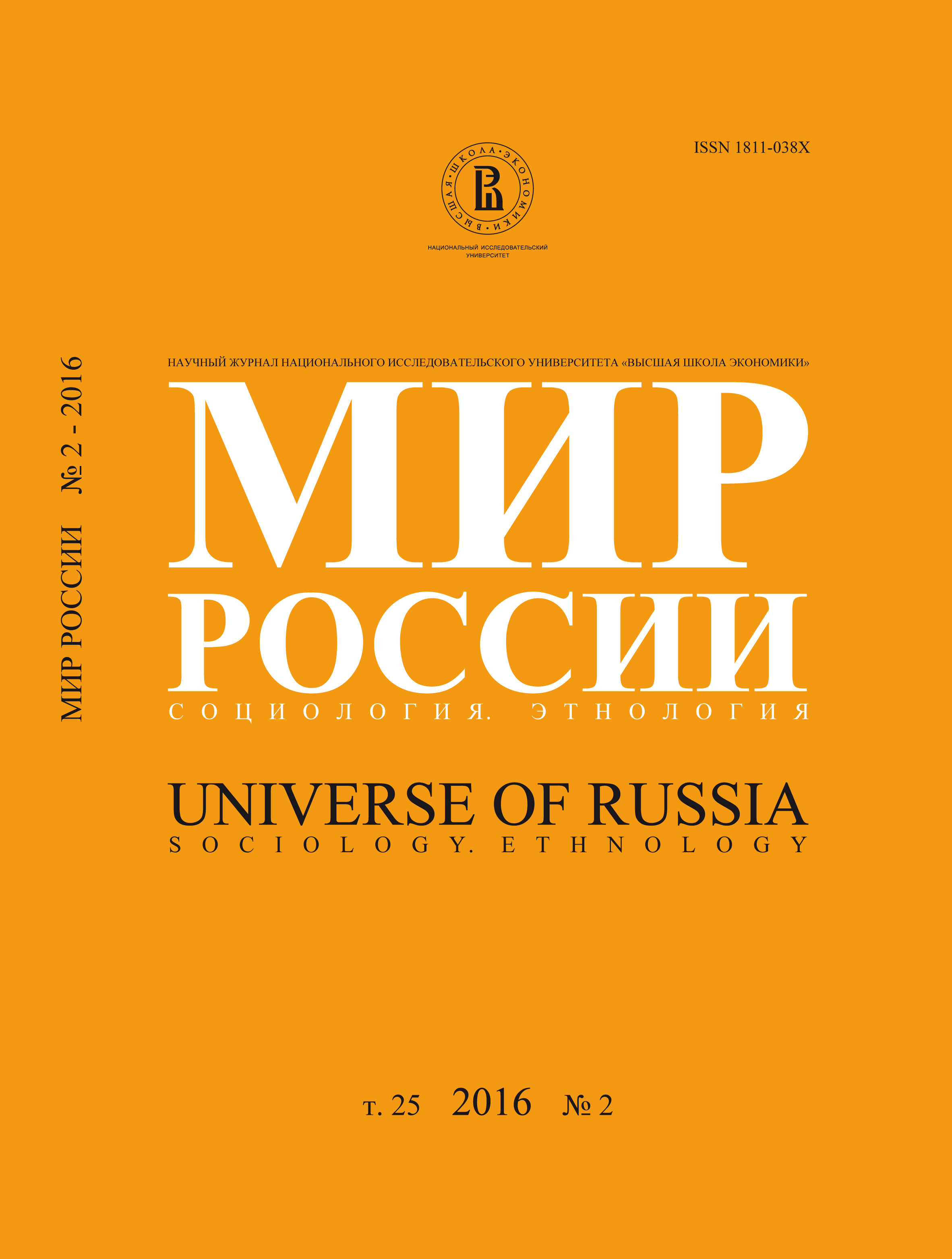Group Perceptions of Russia’s Western Neighbouring Countries among Russian Youth—a Case Study of Students of a MoscowSecondary School
Abstract
Sergey Barinov — Candidate of Science in Geography, Research Fellow, Institute of Education, Higher School of Economics. Address: 20, Myasnitskaya St., Moscow, 101000, Russian Federation. E-mail: sbari-nov@hse.ru
Maria Kozyreva — Intern, Lyceum #1553. Address: 13/1, Derbenevskaya St., Moscow, 115114, Russian Federation. E-mail: latovia@yandex.ru
This article explores the group perceptions of Russian school students regarding three neighbouring countries—Ukraine, Belarus and Poland—and the factors that shape them. Our approach differs from the one which is more common among social geographers in that we do not simply equate the group perceptions to the sum of individual perceptions, but regard them as the product of continuous exchanges and interactions between individuals within the group. We analyse this process in a specific group of people: 8th and 9th grade students of a Moscow secondary school, who also interacted with the same age students and the cultures of Ukraine and Poland in the course of school trips. The data for this study were collected in January, 2013 in the form of interviews with the students, and their textual and visual records containing the associations regarding these countries. Our findings reveal that the group perceptions formed in the course of direct interaction with the country and particularly within a single expedition are the most consistent. In our case this is exemplified by contrasting the group perceptions of Ukraine (more consistent) and Belarus (less consistent). In terms of emotional colouring the group perceptions of Ukraine feature the highest degree of neutrality, whereas a small degree of wariness characterizes the perceptions of Belarus and Poland. We conclude that more intense and direct contact with a country (or culture) is more important for the consistency of the perceptions within a group, than more indirect sources (such as, for instance, cultural stereotypes). However, we also recognize the limitations of our findings given the highly specific setting and sample of respondents.






